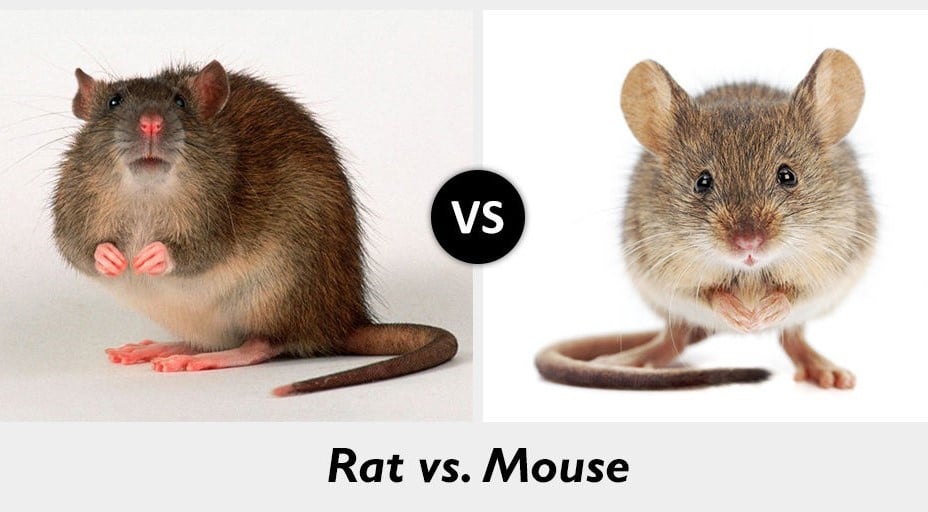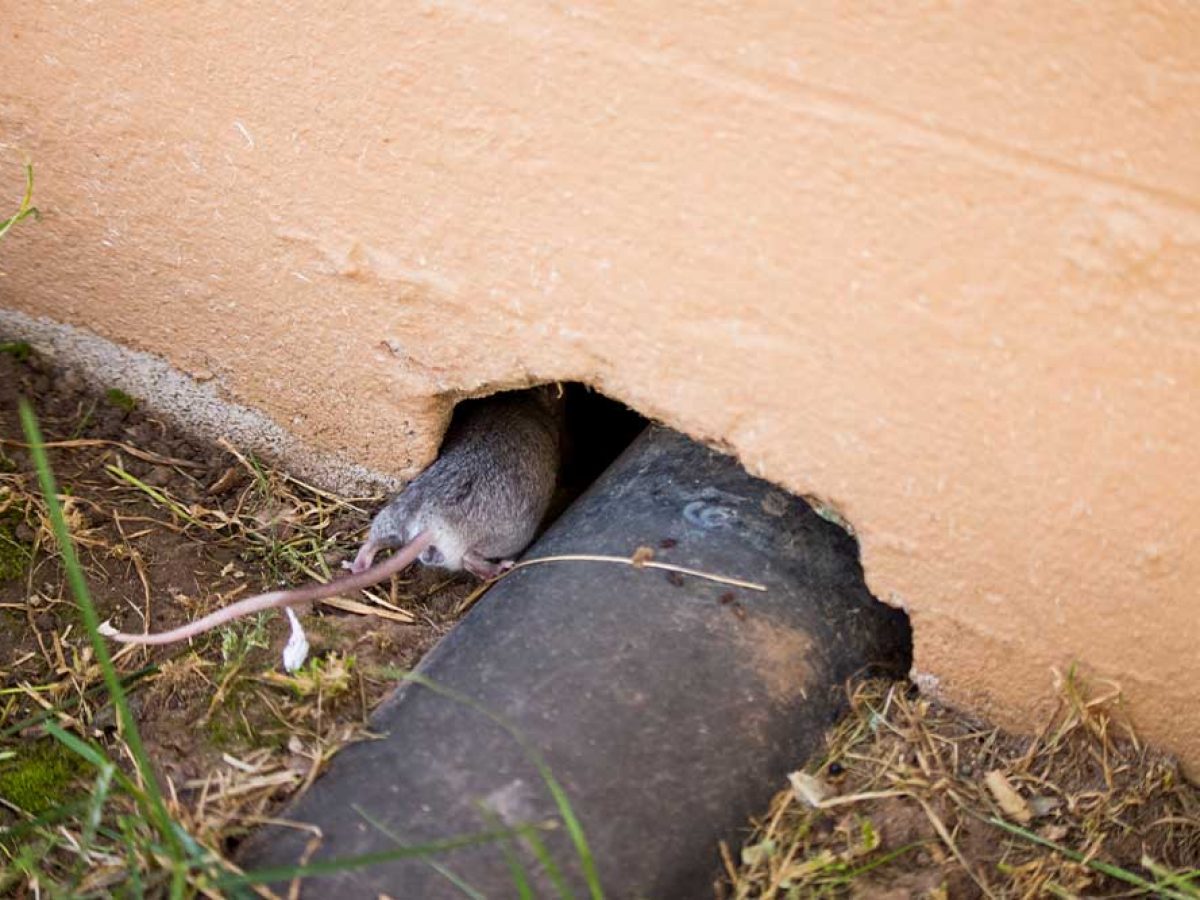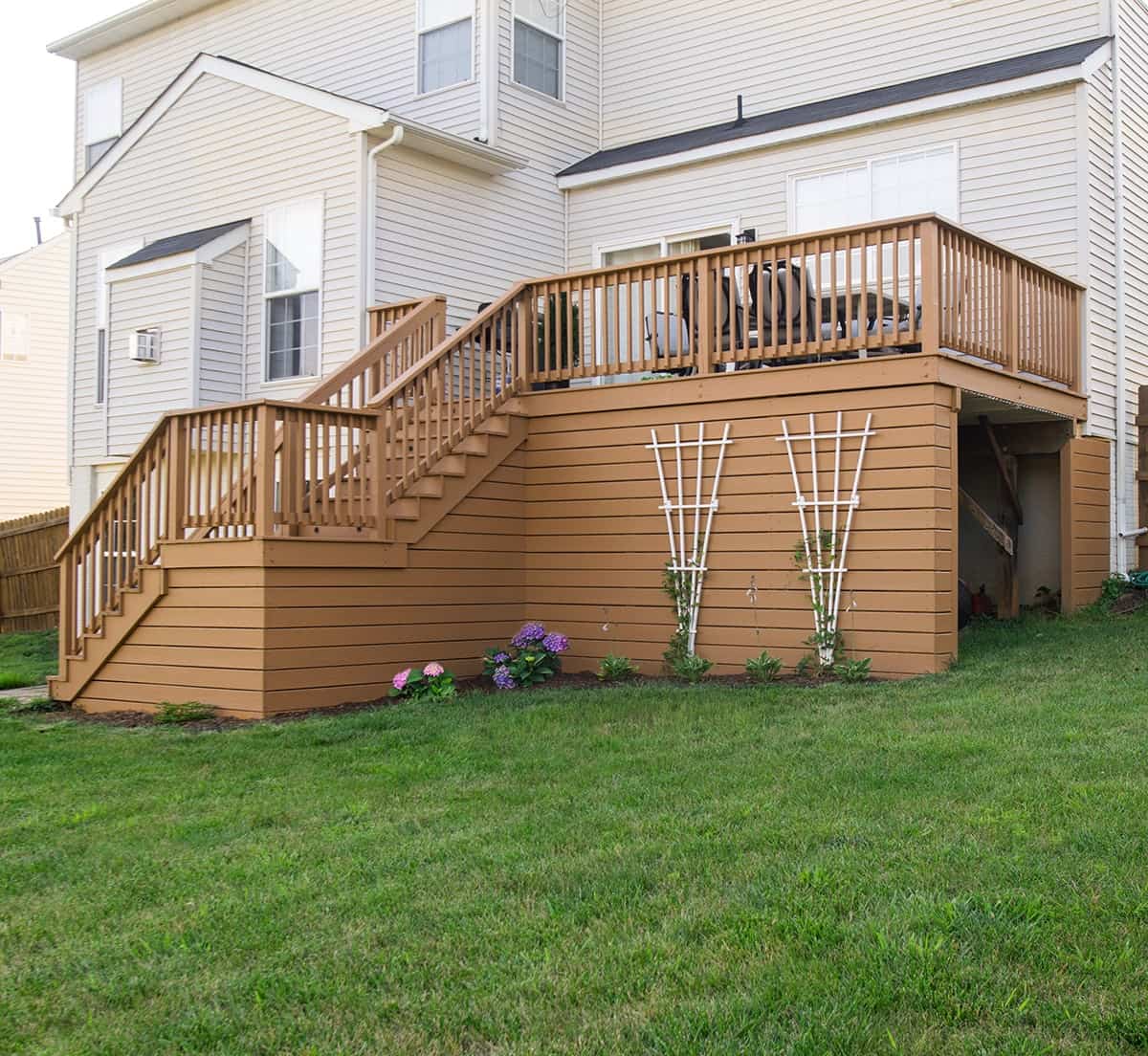Table Of Content
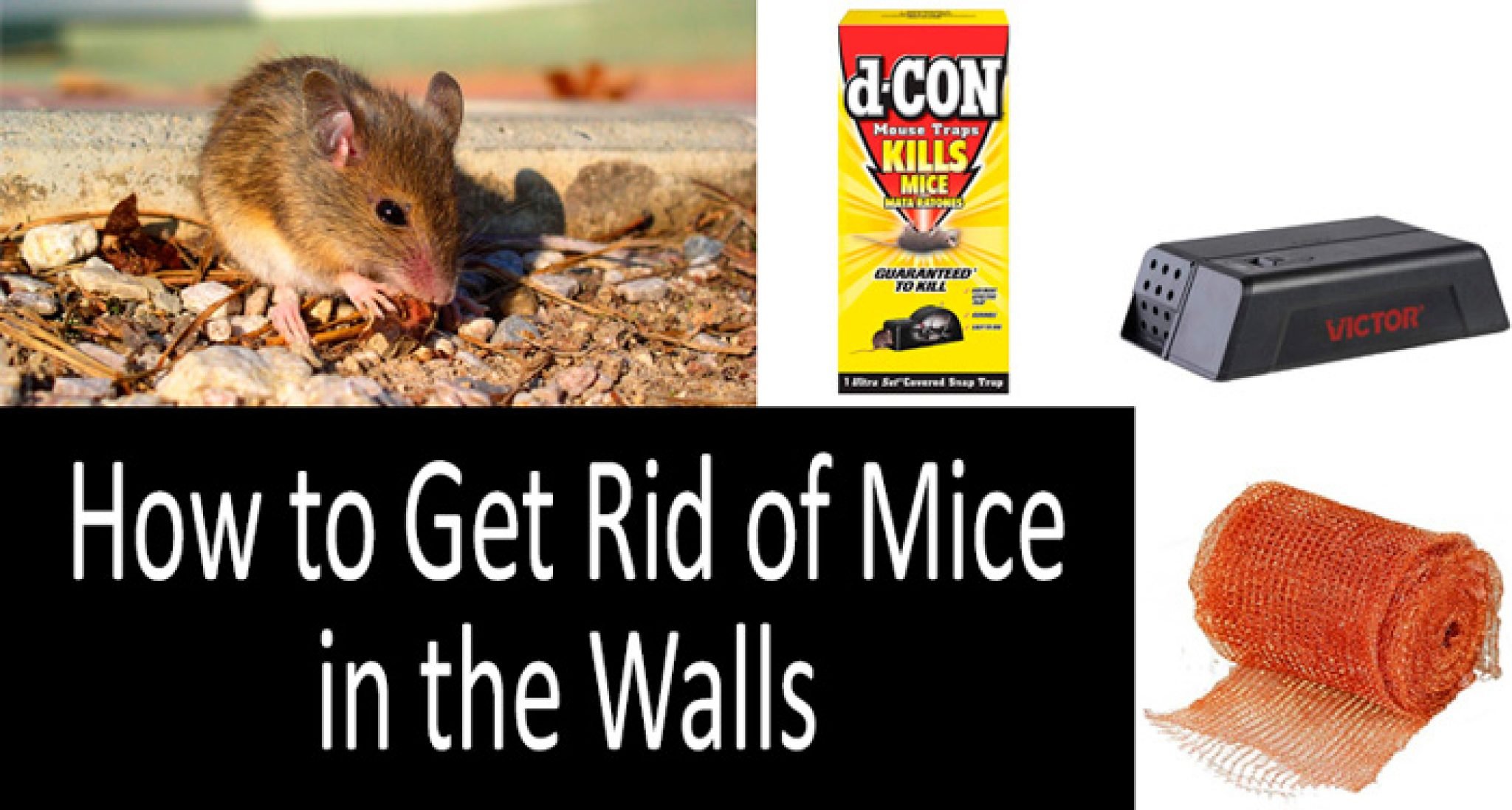
Read on to find out how to identify possible mice entries all over your house and how to patch those areas to keep those little critters outside where they belong. Amanda Rose Newton is a pest specialist and horticulture expert, reviewing pest control and gardening content for The Spruce's Cleaning and Gardening Review Board. Her passion for pest control and sustainable gardening allows her to review plant and pest content for best practices and accuracy.
How to keep snakes, mice & roaches out of your home in winter - Raleigh News & Observer
How to keep snakes, mice & roaches out of your home in winter.
Posted: Tue, 28 Nov 2023 08:00:00 GMT [source]
Where do mice hide during the day?
The surprising part is, mice can squeeze through incredibly tiny openings—holes as small as the width of a pencil. You may also notice your cat or dog sniffing around your walls or crawl space. Swift action is key to getting rid of mice or rats in your home and preventing further issues.
Open Doors/Windows
"This is done by sealing off their entry points, cleaning up their food sources, and using plant-based pest repellents to create a protective barrier," she says. Mice aren’t just a nuisance; their presence can also be a health hazard. Pest control technicians have advanced tools and the experience to remove mice and their droppings without further contaminating the home. They know how to get rid of mice in the walls and other areas that are difficult to access. In addition, many professionals carry humane lethal traps or use capture-and-release methods that are kinder to the wildlife than traditional traps or pesticides.
Look for cracks in your exterior walls.
They can also contaminate your food and potentially bring lice, fleas, or ticks into your home. Cats will definitely keep mice away from places like your kitchen, living room, and bedroom. But mice like to nest in the attic and in the spaces inside your walls, and your cat can’t get to them there. Mice know that, and when they smell your cat they’ll probably just return to the safety of their nest. In short, no, mice won’t leave your house if they smell a cat.
Mouse droppings are roughly a quarter of an inch and look like dark brown or black granular pellets. You may notice droppings in your kitchen, pantry, or other areas where you store food. If you don’t see any pellets, listen for common mouse noises such as scratching, scurrying, chirping, and squeaking.
Damaged seals, missing weather stripping, or gaps left by design flaws can all allow mice to enter. Professional pest control experts should put rodenticide blocks in a locking station anchored in place. These stations encourage rodent feeding while keeping the bait locked away from people and pets. When poison baits are left in the open where children or other animals can access them, the results can be catastrophic. In addition to trapping, it's a good idea seal openings around pipes, roof vents, and other potential entry points. This will also help prevent future mice infestations, once the current problem is fixed.
It's thought that mice don't like vinegar for its strong smell, and that it may also cause irritation to their senses. Check out the video below to learn the best ways to trap mice and keep them out of your home. Mice typically don’t bite unless you try to handle them, so you don’t necessarily need to feel afraid of them. You simply need to have them removed before they damage your home or spread disease.
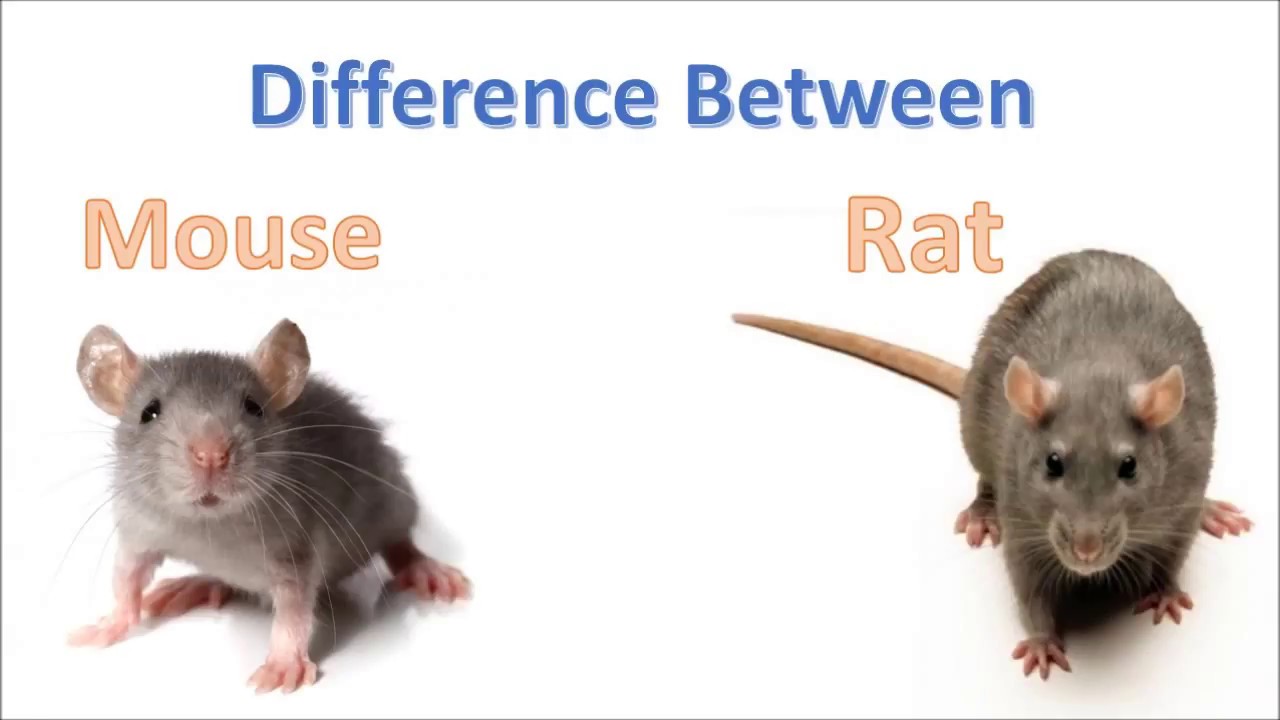
Unfortunately, most people who try to get rid of mice on their own wind up making the problem worse over time. Hiring a trained professional to treat your rodent infestation is the most efficient way to get rid of mice. A pest control specialist will create a safe, comprehensive, customized plan to address your mouse problem.
Irregular bone marrow cells may increase heart disease risk
Mice can squeeze through very small cracks, so don't think something is so small it's not worth filling. Barn owls, specifically, love to eat mice and are a great addition to rural properties. You can encourage them to stay nearby by creating or buying a nesting box.
Just like children’s story character Santa Claus, mice can also enter homes through chimneys. Fitting a chimney cap can help prevent this type of infiltration. If not properly sealed, the gap between the garage door and the ground can become a port of entry for mice. Once inside the garage, they can then find a way into the main part of the house. It could also be squirrels, birds, or even yellow jackets, so you'll need to do some further investigating to figure out what's causing the issue.
Typically, mice don't travel more than 10 or 20 feet from their food sources and nesting areas. Mice might be pests, but they are also clever resourceful creatures. They will enter your home by any means necessary in search of food and water. If you're interested in trying out essential oils to keep mice out of your home, simply mix several drops of one of the above essential oils with water. For example, you can combine peppermint essential oil with water in a spray bottle and use it liberally to help keep mice away from your home and garden.
They breed rapidly, with one female capable of producing several litters a year. If you notice any of these signs, take steps to address the issue immediately. Mice breed quickly and, if left to their own devices, can quickly take over your home and cause structural damage. Keep mice out of your car by keeping them away from your car. Take the same steps you take to keep them away from your house.
Over time and due to various factors, homes can change, often in ways that create opportunities for mice to enter. They might make their nests in lawns, gardens, sheds, or other outlying buildings and from there, make their way inside your home. Mice can take shelter in or chew through materials like wood, cardboard, or insulation. If these materials are brought into your home from outside, mice may hitch a ride with them, starting an infestation from within. Sometimes, we unwittingly roll out the red carpet for mice with our everyday activities and items around the house. Pet doors are convenient for our furry friends but can also invite uninvited critters inside.
